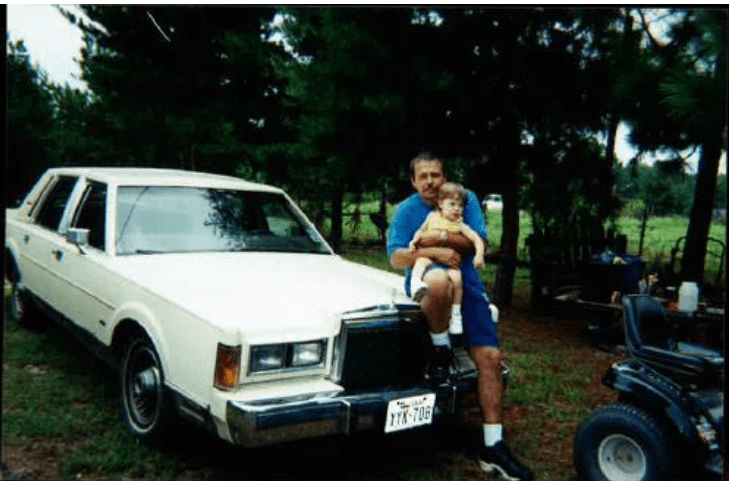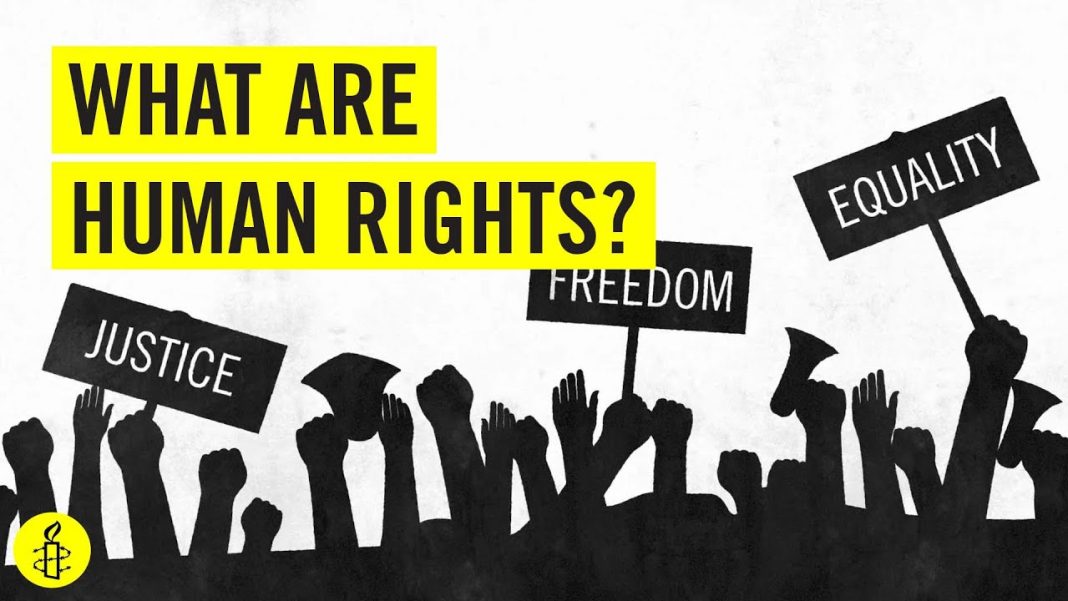A Tragic Case of Wrongful Conviction
On January 31, 2002, Robert Roberson discovered his 2-year-old daughter Nikki unconscious and with blue lips in her bed. Nikki had been sick the previous week, experiencing symptoms such as coughing, vomiting, and a high fever. Despite taking her to the doctor twice, Nikki’s condition did not improve. The night before her tragic discovery, Nikki had fallen out of bed, but Roberson comforted her, thinking everything was fine. However, Nikki’s unresponsiveness that morning led Roberson to rush her to the local hospital in Palestine, Texas. Sadly, within a day, Nikki passed away, and Roberson was accused of causing her death.
Roberson’s conviction was based on the controversial diagnosis of shaken baby syndrome (SBS), which claims that a specific combination of injuries found in a baby or toddler can only be caused by violent shaking. However, scientific research has repeatedly disproven this theory. According to the National Registry of Exonerations, 34 individuals across the country have been exonerated after being convicted based on SBS. Despite this, Texas plans to execute Roberson on October 17, making him the first person in the U.S. to be executed based on the junk science of SBS, even though Texas has a law meant to rectify convictions based on unreliable science.
Roberson initially challenged his conviction in 2016 under Texas’s “junk science writ.” The Texas Court of Criminal Appeals intervened a week before his scheduled execution, sending the case back to a trial court. During a nine-day evidentiary hearing, Roberson’s lawyers presented evidence that debunked the SBS theory and suggested that the medications prescribed to Nikki may have worsened her condition. However, the trial court rejected Roberson’s claim, disregarding the substantial evidence of his innocence. The Texas Court of Criminal Appeals upheld the ruling, paving the way for Roberson’s execution.
The Failure of Texas’s Junk Science Law
Texas was the first state to establish a mechanism for individuals convicted based on junk science to challenge their convictions. Other states have since followed suit, recognizing the need to address flawed forensic practices. However, a recent report by the Texas Defender Service reveals that Texas courts, particularly the Court of Criminal Appeals, have failed to implement the law as intended. Out of the 74 applications filed and ruled upon by the court from 2013 to 2023, only 15 individuals received relief, none of whom were on death row.
Former Judge Elsa Alcala, who served on the Court of Criminal Appeals, criticizes the court’s handling of cases involving the junk science law. She points out that 80% of individuals seeking relief under the law have lost, despite having compelling claims supported by scientific experts. The court’s narrow interpretation of the law and its refusal to apply it to the sentencing phase of capital cases undermine its purpose. This means that individuals sentenced to death based on flawed scientific evidence cannot use the law to challenge their sentences, potentially leading to wrongful executions.
The court’s focus on innocence also neglects other forensic practices besides DNA evidence. While DNA evidence is considered highly reliable, it is only available in a limited number of cases. The report highlights the need to evaluate the reliability of verdicts based on all types of scientific evidence, not just DNA. Additionally, the lack of legal representation for indigent defendants further hinders their ability to raise claims under the junk science law. Without proper legal assistance, incarcerated individuals struggle to investigate and present their claims effectively.
Recommendations for Reform
The Texas Defender Service recommends amending the junk science law to ensure that lawyers are appointed to incarcerated individuals seeking to file claims. This would address the issue of inadequate legal representation and enable more individuals to raise valid claims. Furthermore, the law should explicitly include evidence presented during the sentencing phase of death penalty trials. Currently, the court refuses to apply the law to the punishment phase, which is crucial in determining whether a defendant lives or dies.
Former Judge Alcala believes that changing the composition of the Court of Criminal Appeals could also improve the application of the law. However, until these changes occur, individuals like Robert Roberson remain at risk of being executed for crimes they did not commit. Roberson’s lawyers have filed a new appeal, presenting new medical and scientific evidence that Nikki died from pneumonia leading to septic shock, indicating that no crime occurred. They hope that the courts will finally acknowledge the flaws in the SBS diagnosis and halt Roberson’s execution.
The indifference displayed by the courts in the face of overwhelming evidence is terrifying. It is crucial to rectify the failures of the junk science law to prevent wrongful executions and ensure justice for those who have been wrongly convicted. By addressing the issues of legal representation, expanding the scope of the law, and promoting a fair and unbiased application, Texas can fulfill the original promise of the junk science law and protect innocent lives.


